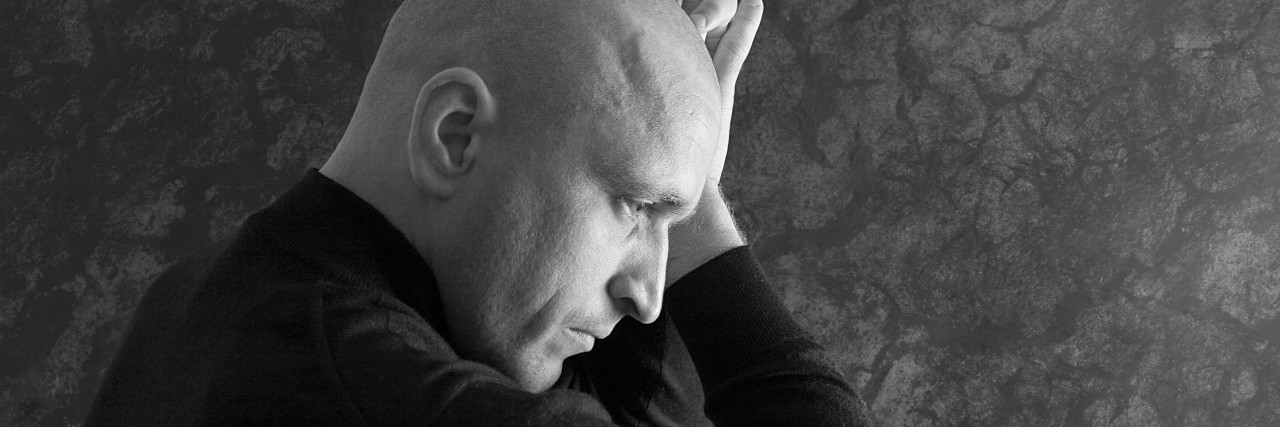My first book, “Boy in the Ivy,” is a memoir of shame and the disconnection, rage, and despair that come with it. That story was crystalized by my brother’s suicide in 2009. In the aftermath of that tragic event, I asked myself why I hadn’t killed myself as well. After all, David and I were very similar people raised in the same family with the same darkness, which I describe as hereditary shame. “Boy in the Ivy” details how our paths diverged in one crucial way: I asked for help while, like so many men, David chose silence.
I was a child when I decided I was essentially bad, unworthy of connection or love, and undeserving of success or happiness. In other words, when I was a kid, I decided I was a piece of shit. There’s no way to put this more delicately and still convey the sense of being an abomination, grotesque and toxic to those who loved me.
This core belief is, of course, a lie. But I bought into that lie with every fiber of my being. And, once I’d decided I was a piece of shit, shame was the only logical response. It was shame that buried both my brother and me in depression, rage, and hopelessness. It was shame that had us contemplating suicide. And now that I have named it, dismantling this core belief and healing my shame remains the task before me. It may take me the rest of my life, but at the very least it gives me a reason to live in the first place.
Where does a small boy get the idea that he is a piece of shit? It would be easy to blame my parents. They were flawed, certainly, and there were times when each of them suggested in word or deed that I was shameful and unworthy of love. But the more I worked on the book, the more I understood what they had gone through themselves, and the less I could cast them as the villains of my story. Instead, my parents were two good people trapped in shame-cycles of their own, an ancestral darkness that reached back beyond their parents and grandparents into the distant past. In other words, writing “Boy in the Ivy” taught me to see my parents – and myself – with compassion. That is the healing power of memoir.
Fact is, my mom and dad did their best. This included trying to protect me from the worst of their own pain. My parents passed shame onto me, obviously, but it was only a pale imitation of what they themselves had experienced as children. I honor their efforts to shield me, and I have always tried to do the same with my own kids.
So my parents are not to blame. Despite what they did or said, or didn’t do or say, they never wanted to pass along their darkness. Instead, I own my shame. I made that decision about myself, after all; I embraced that core belief. I was the one who spent the next 30 years or so collecting evidence to support the proposition that I was a piece of shit. And I must say my efforts paid off: by the time I hit 40, I had trapped myself in a life characterized by secrecy, depression, and rage. As a bonus, my shame was poisoning my marriage and seeping into the consciousness of my children. It was conveying to them as my parents had to me.
So I asked for help.
I have just begun to heal. My shame is exposed; I have named it. But it still hangs around, my shadow side. There are excellent researchers and therapists out there who provide excellent strategies for healing shame. For me, the trick has been to understand that shame is something I constructed on my own, when I was too young to imagine an alternative. In other words, I acknowledge no one was actually trying to make me feel worthless, defective, broken, and beyond hope. That was something I did for myself when I decided I was a piece of shit. And undoing that decision is the path ahead. It may be long, winding, and dark, but there is light at the end of it, I am sure.
That’s the way I own my shame. This first step is perhaps the most difficult, but healing can’t happen without it.
If you or someone you know needs help, visit our suicide prevention resources page.
If you need support right now, call the Suicide Prevention Lifeline at 1-800-273-8255.
We want to hear your story. Become a Mighty contributor here.
Thinkstock image by og-vision

